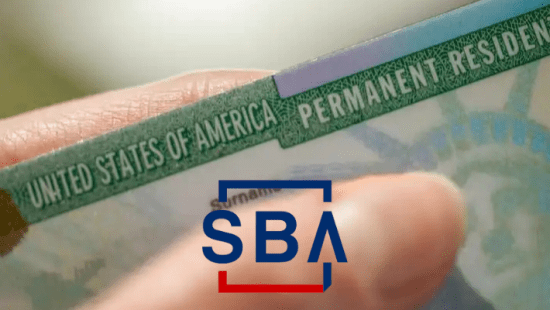Employers can no longer deduct credit card fees from tips, and must pay them out by the next payday
In a move aimed at strengthening labor protections for service workers, California Governor Gavin Newsom has signed into law Senate Bill 648, a significant update to Section 351 of the California Labor Code. This reform redefines how tips must be handled statewide and delivers long-overdue clarity and fairness — especially for Latino workers, who make up a large portion of California’s service industry.
Under the new law, employers are strictly prohibited from collecting, keeping, or deducting any portion of an employee’s tips, even indirectly. That includes credit card processing fees — a common practice that has long reduced the actual amount servers and other tipped workers take home.
Previously, many businesses deducted credit card transaction fees from gratuities before paying them out to employees. Now, employers must transfer the full tip amount to the worker without any deductions, even when the tip is paid via credit card.
One of the most impactful updates for workers: tips must now be paid out by the next regular payday following the transaction. This eliminates delays and confusion around when and how gratuities are disbursed.
For many low-wage earners — especially Latino immigrants working in restaurants, cafes, car washes, and salons — tips are not just extra income; they’re an essential part of making ends meet. Ensuring timely and full payment of gratuities helps stabilize income for these workers, many of whom face financial insecurity and rising living costs in California.
The law also expands the powers of the California Labor Commissioner, allowing the office to investigate tip theft, issue citations, and pursue civil actions against violators. Any disputes or violations will be handled using the same procedures established for minimum wage violations under Section 1197.1 of the Labor Code.
This adds more accountability and offers a clear path for workers to seek justice if their tips are withheld or tampered with.
According to recent labor statistics, Latinos represent nearly 40% of California’s workforce, and they are overrepresented in service roles where tips are common. Unfortunately, these are also the same sectors where wage theft and labor exploitation are more likely to occur.
By closing legal loopholes and strengthening enforcement, SB 648 empowers Latino workers to claim what they’ve rightfully earned — without fear of retaliation or confusion. Labor advocates see this as a victory for equity, transparency, and economic dignity.
Employers in California should immediately review and update their tip-handling procedures, payroll systems, and compliance policies to avoid penalties. Failing to comply with the new rules could result in fines, lawsuits, or even criminal charges in extreme cases.
This new law is a game-changer for California’s tipped workers — especially Latinos working in the state’s massive service economy. It ensures that tips go where they belong: into the hands of the people who earned them.








